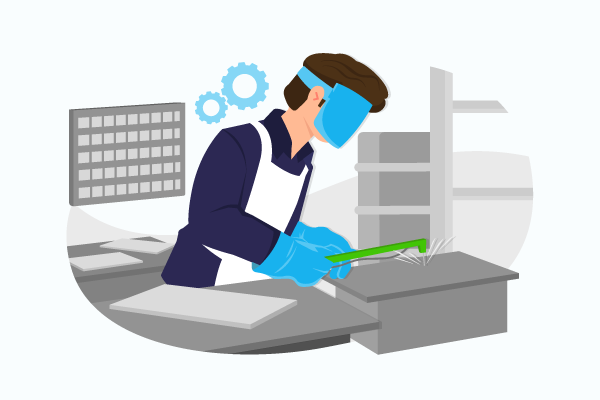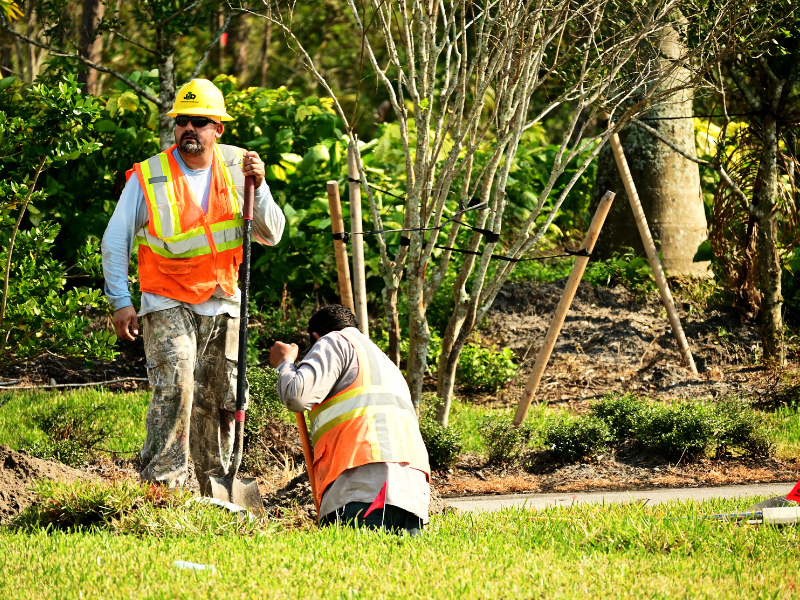How Long Does it Take to Settle a Workers Comp Case in Florida?
If you’ve ever been injured while working in the Sunshine State of Florida, you know that both worry and confusion can quickly set in when it comes to filing for workers compensation.
How much time will this take? What are the factors involved? Who pays for medical bills? When will I be able to return to work?
With all the questions raised by these issues, it’s no wonder few workplaces devote much time or effort towards teaching their employees what they need to know about workers comp.
It’s important to understand how long the process typically takes, and thankfully we’re here with answers on “How long does it take to settle a workers comp case in Florida?”
Let’s start digging into all those questions so everyone from business owners and management teams to individual construction crews are up-to-date on everything involved!
How Much Time Does it Take to Settle a Workers Comp Case?
The timeline for filing a workers’ compensation claim in Florida is generally around 40 days from the date of injury. This time frame can vary, however, depending on the type and severity of your injury as well as the amount of paperwork required to process your case.
There are a few steps you’ll need to take before your workers’ compensation case is settled. These include filing a claim with the state, obtaining medical attention and documentation, submitting evidence to prove that your injury was work related, and providing proof of lost wages or future disability benefits.
It’s important to note that if you are unable to receive medical attention for your injury due to any reason, the process may be delayed. Additionally, if your employer disputes your claim or fails to respond in a timely manner, the timeline for filing and settling your case may be extended.
It is important that you follow up with all necessary parties throughout the process to ensure that everything is being processed correctly and within the allotted timeframe.
What Are Factors that Determine How Long it Takes to Settle a Workers’ Comp Case?
Workers’ compensation settlements are affected by a number of factors.
Such things as the severity of your injuries, if there’s dispute over who is responsible for them, and whether you have legal representation can all play a role in when you’ll be receiving payment.
In addition to these factors, the actions of all parties involved — including yourself, your employer’s insurance provider, and your lawyer — are essential in helping determine how quickly you will receive your settlement.
It is important that everyone works together throughout the entire process to make sure that a resolution is achieved efficiently and effectively.
Who Pays for Medical Bills When You Have Workers Comp?
Workers in Florida whose injuries have been covered by workers’ compensation insurance don’t need to worry about having to pay the bills for their medical care.
From standard check-ups at a clinic, an MRI scan or treatment with surgeons and therapists – all necessary costs are fully taken care of!
This is because when you make a workers’ comp claim, the employer’s insurance company is responsible for providing financial assistance to cover medical expenses related to the accident or injury.
Your employer’s insurer will pay out whatever is deemed necessary for your well-being, including:
- – Visits to any physicians and specialists
- – Prescription and over-the-counter medications
- – Testing, such as X-rays, MRIs and CAT scans
- – Surgery or other necessary medical procedures
- – Physical and occupational therapy
- – Psychological counseling
- – Travel costs to get to your medical appointments.
It is important to remember that the insurance company’s responsibility.
When you are medically cleared to return to work, your employer is obligated to offer you a position that accommodates any restrictions your physician has placed on you. This could mean offering an alternative job or modified duties. If no such positions are available, then your employer must provide retraining so you can qualify for another job within the company. If retraining is not available or feasible, your employer must offer you a severance package.
The length of time you may need to be away from work depends on the severity and type of injury as well as the individual’s medical condition. Your doctor will ultimately decide when it is safe for you to return to work, so it is important to follow their instructions and advice.
Additionally, you should also keep your employer informed of any changes in your medical condition and discuss what accommodations, if any, may be necessary for you to return to work.
Your employer is required by law to provide reasonable accommodation for you, so it is important that they are aware of the restrictions placed upon you. Depending on the extent of your injury, this may include providing modified work tasks or allowing for extra rest periods.
Be sure to keep a record of all communications you have with your employer regarding your medical condition and any accommodations provided.
Even if you are unable to return to work, your employer must still provide you with reasonable accommodation in order to protect your rights.
Finally, if you are unable to find an acceptable solution with your employer, you may wish to contact the US EEOC for further assistance. The EEOC provides a variety of resources and services for individuals who have experienced workplace discrimination or other violations of their rights. They can provide guidance and legal advice in order to help protect your rights.




